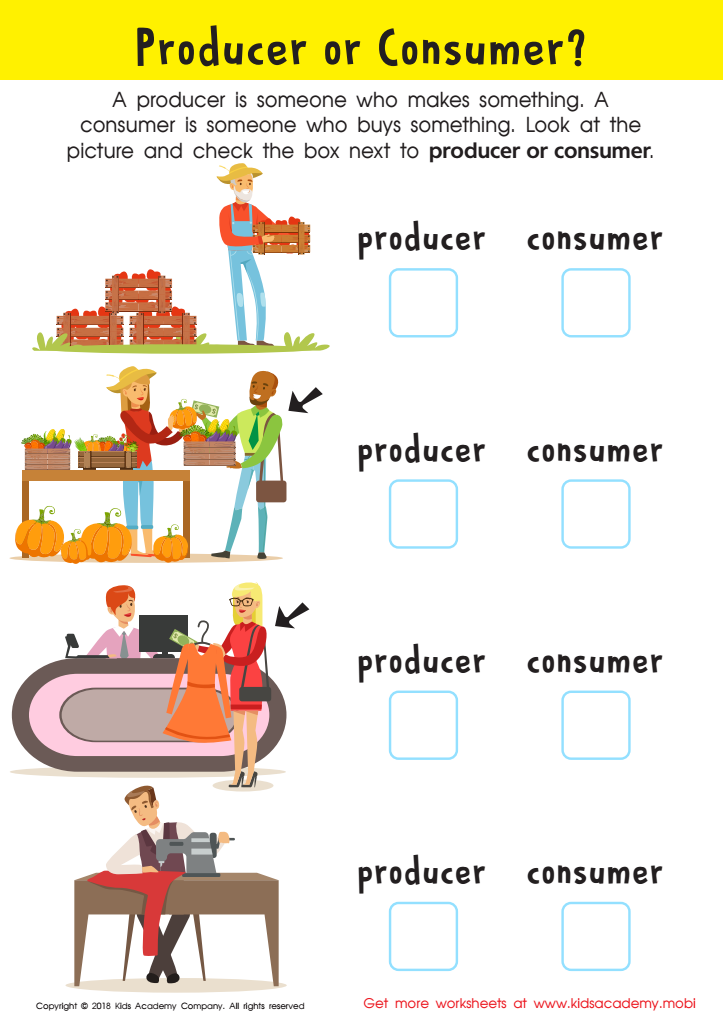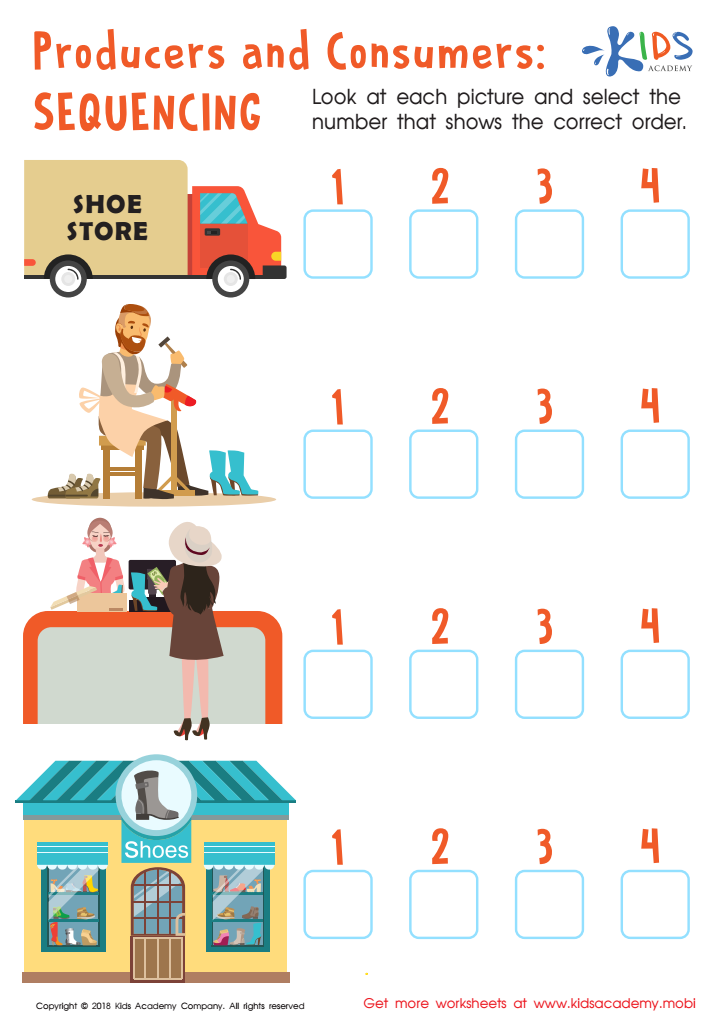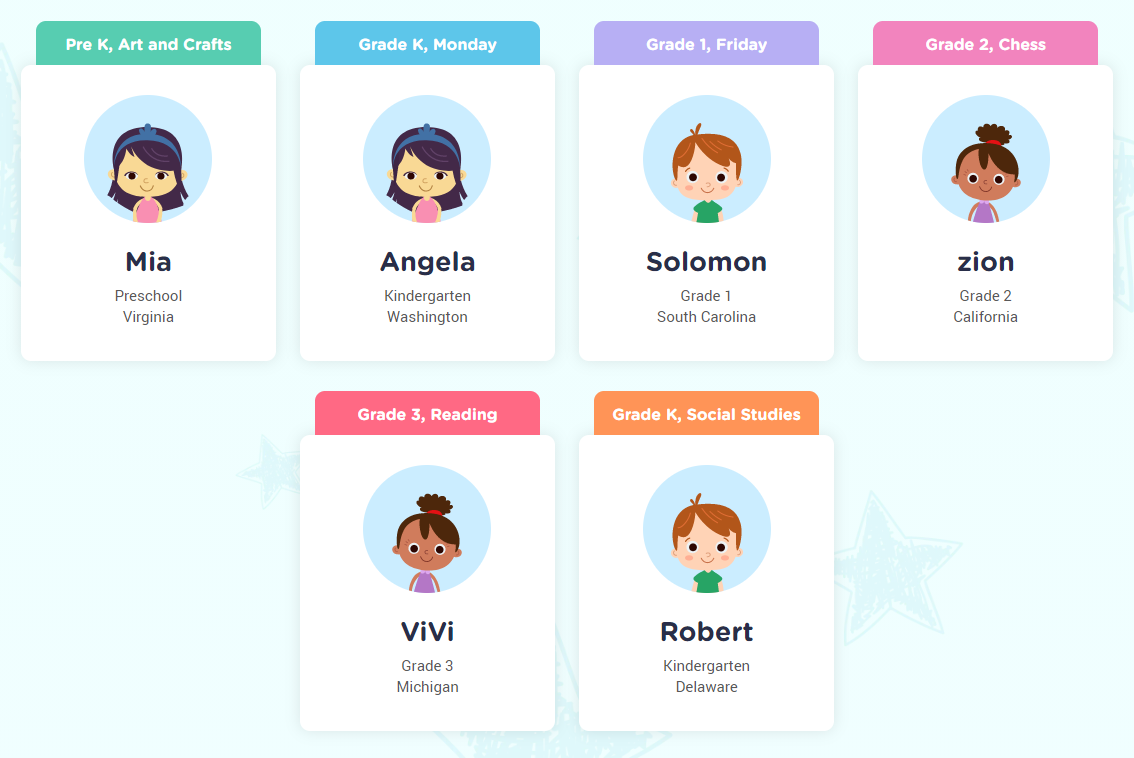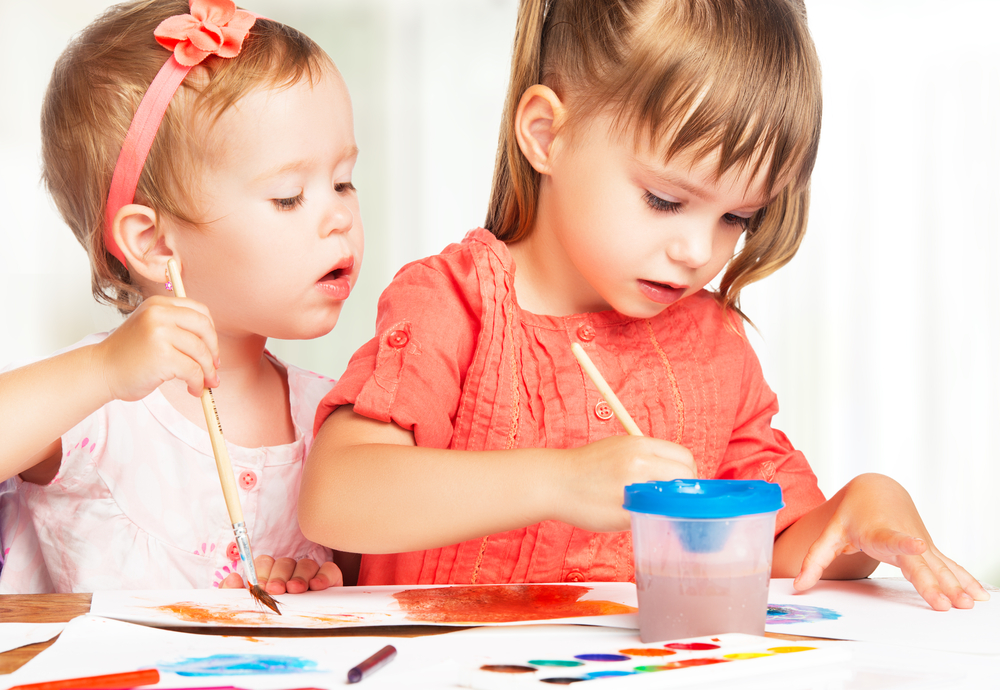Understanding ecosystems Normal Worksheets for 7-Year-Olds
5 filtered results
-
From - To
Explore the wonders of nature with our "Understanding Ecosystems" worksheets designed specifically for 7-year-olds. These engaging, age-appropriate printable worksheets on Kids Academy help children grasp the basics of ecosystems. Kids will learn about different habitats, food chains, and the roles various organisms play in our environment. Crafted to make learning fun, each worksheet uses colorful illustrations and simple language to captivate young learners. Perfect for classroom or home use, these resources foster curiosity and promote environmental awareness. Ignite a passion for science in your child with our expertly designed ecosystem worksheets today!


Producer or Consumer? Worksheet


Ecosystems: Assessment 1 Worksheet


Ecosystems: Assessment 2 Worksheet


Producers and Consumers: Sequencing Worksheet


Animals and Plants: Assessment 1 Worksheet
Understanding ecosystems is pivotal for the holistic development of young minds, and parents or teachers should care deeply about imparting this knowledge to 7-year-olds. Ecosystems are intricate networks where plants, animals, and microorganisms interact with their environment. This foundational concept not only enhances a child's grasp of natural science but also fosters critical thinking, curiosity, and a sense of responsibility towards nature.
Firstly, learning about ecosystems helps children appreciate biodiversity and the delicate balance required for different species to coexist. This awareness can cultivate a sense of wonder and respect for living things, be they animals in a backyard or plants in a park. Additionally, understanding interdependence teaches children about cause and effect in the natural world—knowledge that can be applied to other areas of their education.
Moreover, eco-literacy promotes environmental stewardship. Educated about ecosystems, kids can participate in simple, impactful activities like recycling, conserving water, or planting trees. This proactive attitude towards environmental issues can shape responsible, informed future citizens.
Finally, ecosystem education can be multidisciplinary, blending science with reading, storytelling, art, and outdoor activities. Such an integrative approach keeps learning dynamic and engaging, catering to various interests and learning styles, making abstract concepts more tangible.
Therefore, by prioritizing ecosystem education, parents and teachers equip children with essential tools to understand and cherish the world they live in, laying the groundwork for lifelong learning and environmental care.
 Assign to My Students
Assign to My Students














